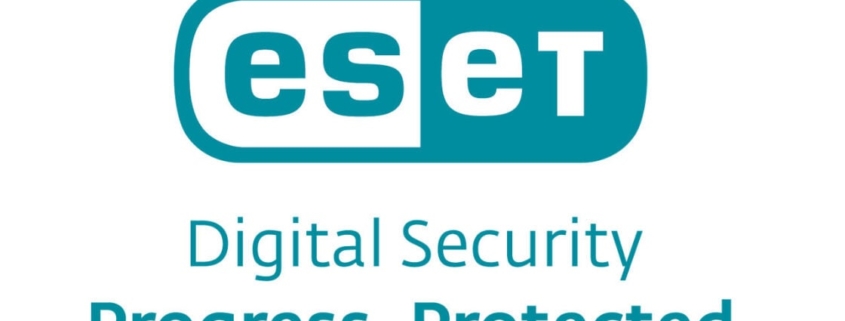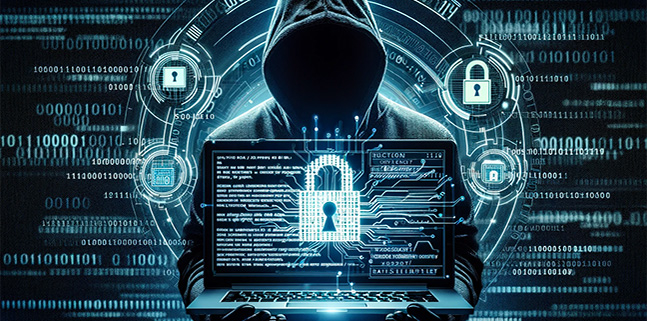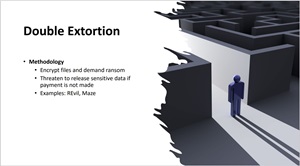ESET Cyber Security for Mac Review
It’s true that thanks to baked-in security, Macs have more innate malware resistance than Windows or Android devices. However, that doesn’t mean they’re immune, just that malware coders must work harder. That work pays off when their insidious creations infest a Mac whose owner blithely dismissed antivirus protection as irrelevant. ESET Cyber Security for Mac is ESET’s nod to Mac antivirus protection. However, the labs don’t vouch for it, real-world phishing sites evade its detection, and its bonus features have vanished. You’re better off choosing one of our Mac antivirus Editors’ Choice picks, Bitdefender Antivirus for Mac or Norton 360 Deluxe for Mac instead.
How Much Does ESET Cyber Security for Mac Cost?
Like ESET NOD32 Antivirus, ESET Cyber Security costs $39.99 per year for one license and $5 per year apiece for each additional license, up to five. In fact, your licenses for this antivirus and NOD32 are interchangeable.
ESET’s pricing is in line with the competition. Bitdefender, G Data Antivirus for Mac, and Trend Micro are among the other macOS antiviruses that start at just under $40 per year. With McAfee, you pay $64.99 per year, but that lets you install protection on all the devices in your household, whether they run Windows, macOS, iOS, Android, or ChromeOS.
With ESET, you pay $59.99 for five licenses. F-Secure and Webroot Antivirus for Mac charge $79.99 for five, while Intego costs $84.99. A $119.99 yearly Norton subscription gets you five cross-platform licenses, five no-limits VPN licenses, and 50GB of storage for your (Windows) backups. In general, the higher-priced editions come with significant bonus features.

ESET Cyber Security works with macOS versions back to 11 (Big Sur), the same as F-Secure and Trend Micro. Mac users typically stay up to date, but if you’re stuck with an antique macOS version, perhaps due to old hardware, you might consider Intego, which extends support back to 10.9 (Mavericks), or ProtectWorks AntiVirus for Mac, which works with 10.6…




